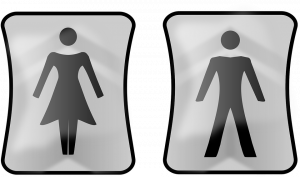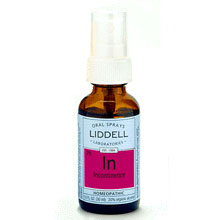Incontinence is the inability of the body to control excretions. Holding urine within the bladder or keeping feces within the rectum are forms of incontinence. It is in those terms many are not accustomed to. Conditions that affect this complication cause the uncontrolled release of excretions.
3 Types of Incontinence
- Stress Incontinence
Stress incontinence is seen as the loss of urine involuntarily during intense physical activities, exercises, laughing, sneezing and coughing. To control urination and for the body to hold urine, the nervous system and lower urinary tract must be working well. In most women, UTI is the most common form.
This also refers to bladder leakage resulting from weak pelvic muscles. Coughing, sneezing, laughing, or any movement that causes stress or pressure on the bladder can cause stress-related urine leakage. It is not accompanied by an urge to urinate. Stress incontinence typically affects more women than men.
- Urge Incontinence
Urge incontinence, also known as overactive bladder, can be very effectively managed. It is caused by damaged nerves sending signals to the bladder to contract, even when the bladder isn’t full. This results in an urgent and frequent need to urinate, typically eight or more times during a 24-hour period. Frequent nighttime urinating is also a symptom and is defined as waking with a need to urinate two or more times during the night. Although urge incontinence is the most common type for the elderly, it is not considered a normal part of aging.
- Overflow Incontinence
With overflow incontinence, you may feel as if your bladder is always partly full. And you may urinate only in small amounts or dribble urine. This is caused by an inability to empty the bladder, so it overflows, which results in urine leakage. It is often reported by people with blocked urethral or bladder damage. It is the second-most-common form of incontinence in men. As with stress and urge incontinence, there are some options available to help you regain control.
Some people with urge incontinence also experience stress incontinence and visa verse, but this doesn’t mean that the causes are necessarily related. Your healthcare professional can help you determine the causes and the best course of action.
Related Products




Leave a Reply